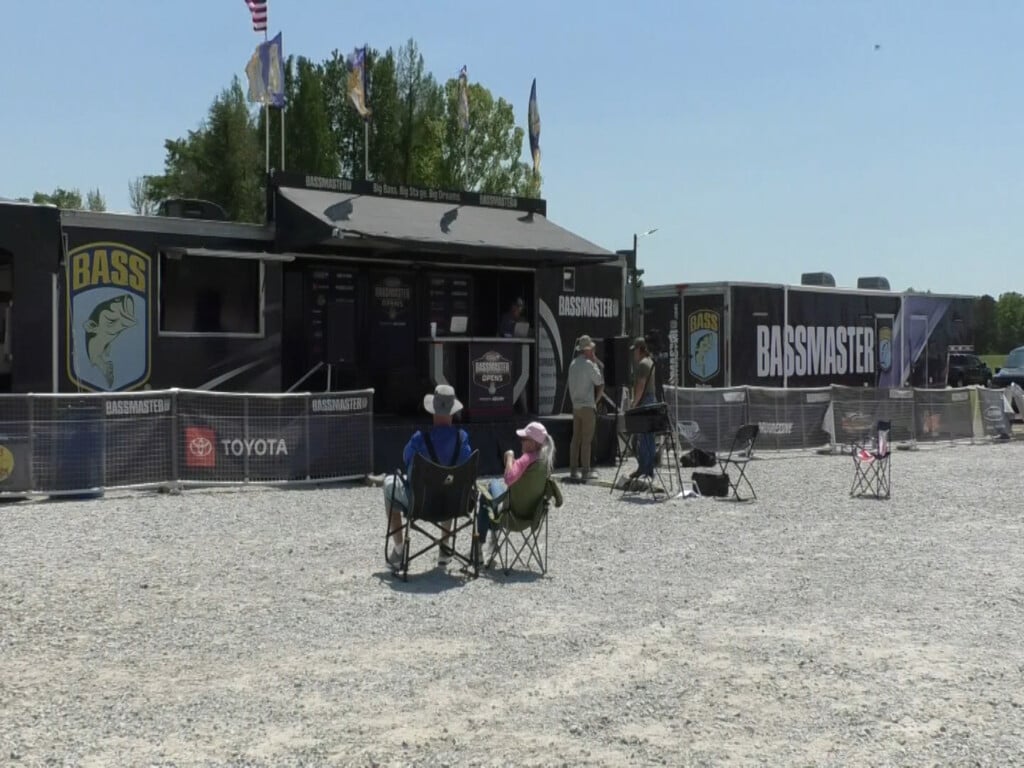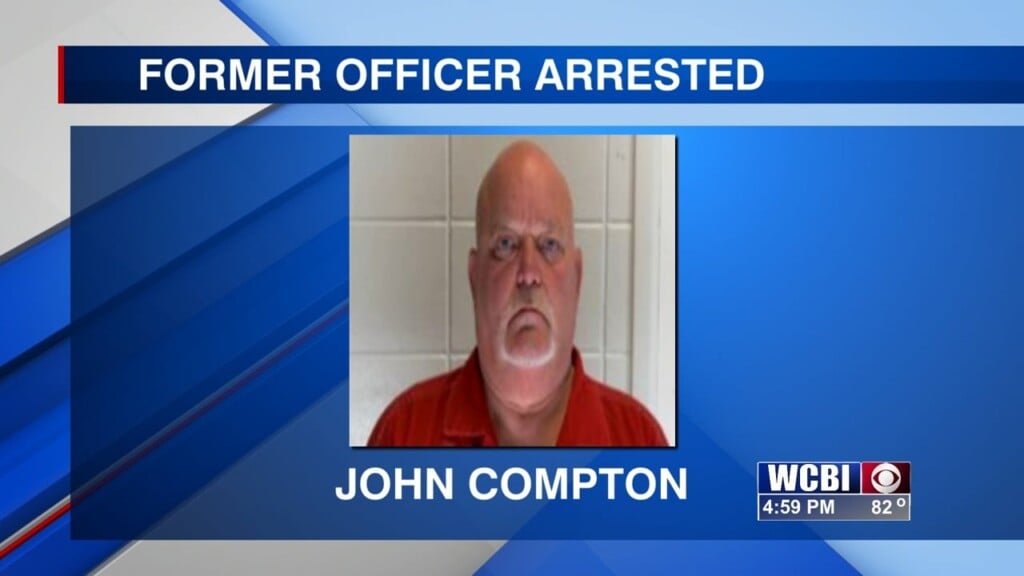Man Gets ‘Shock’ of His Life

Skip and Bonnie Palmer show off a LifeVest like the one that saved his life from sudden cardiac arrest Feb. 4. The wearable defibrillator detected an arrhythmia and shocked his heart back into normal rhythm.
TUPELO, Miss.-Skip Palmer of Tupelo wanted to treat his wife, Bonnie, to something special for her birthday Feb. 4. Instead, she got the greatest gift of all-he lived through it.
Palmer suffered his first heart attack in 2007 and did fine until a cardiac catheterization last November revealed several new blockages in the blood vessels leading to his heart. He underwent quadruple bypass surgery at North Mississippi Medical Center on Nov. 27. Jim Stone, M.D., a cardiac electrophysiologist on the NMMC Heart Institute medical staff, felt that Palmer might need an implantable cardiac defibrillator, but insurance regulations require a 90-day waiting period after bypass surgery. In the interim, Dr. Stone recommended Palmer wear a LifeVest® defibrillator while they assessed his long-term risk for arrhythmia, or irregular heart rhythm.
“In the past, for patients that we felt were at risk for sudden cardiac death, we had to hope that they made it through the waiting period,” Dr. Stone said. The LifeVest, which is custom fit for each patient and worn under clothes, constantly monitors the patient’s heart, detects arrhythmias and, if needed, shocks the heart back into normal rhythm. Since NMMC began using the device several years ago, its use continues to increase.
“Many patients need protection from life-threatening cardiac arrhythmias, and most of those patients will have an internal defibrillator implanted in their chest and heart. But, for various reasons, many patients cannot have an internal defibrillator implanted right away,” cardiac electrophysiologist Keith Kyker, M.D., added. “The external defibrillator can protect the patient until an internal defibrillator can be implanted or his or her heart recovers.”
Palmer left NMMC with his LifeVest in early December and joined NMMC’s Cardiac Rehabilitation program, where he came to exercise three days each week. “I’m not driving again yet, so I decided to take the day off on Bonnie’s birthday so she wouldn’t have to drive me to the hospital,” he said. He told her to sleep in and even prepared a special birthday lunch.
“We finished eating and took the plates back to the kitchen. He told me his head was hurting and then sat down in the recliner,” Bonnie Palmer said. “Next thing I know he started jerking like he was having a convulsion or seizure. He was as white as a ghost.”
Immediately she called 9-1-1 for an ambulance. “The dispatcher didn’t know what I was talking about when I said his LifeVest had gone off,” she said. “She thought I was talking about a life jacket like you wear on a boat. I had to explain that it was a device that had shocked his heart.”
As she talked to the 9-1-1 dispatcher while watching out the open door for the paramedics, her husband became alert again. He felt fine and had no idea what had just transpired. “I couldn’t figure out why she had left the door open and why she was screaming into the phone,” Palmer said. Paramedics soon arrived and transported him to NMMC, where Dr. Kyker met him in the Emergency Department.
“The Life Vest was a testing measure, and I was supposed to wear it for three months,” Palmer said. “The doctor told me if I didn’t have any episodes, then I didn’t need an internal defibrillator.” He was scheduled to turn in the LifeVest the first of March.
“It absolutely saved my life,” Palmer said. “There’s no way an ambulance could have gotten here fast enough. I’d be dead if I hadn’t had it on.”
His wife Bonnie agrees. “It was scary, but afterward it was so exciting to see that it really works,” she said.
Since the LifeVest episode proved that Palmer did in fact need an internal cardiac defibrillator, Dr. Kyker implanted one the following Wednesday. Hopefully he’ll never need it to deliver an electric shock, but Palmer’s happy to take that chance.
“Mr. Palmer is a perfect example of this new medical technology’s ability to save lives,” Dr. Kyker said. “He was taking his medication and participating in our Cardiac Rehabilitation program. Despite doing everything right, he suffered a sudden cardiac arrest. The LifeVest stopped the abnormal heart rhythm in less than one minute. He suffered no ill effects from the arrhythmia. The device worked beautifully, and Mr. Palmer is here today because of it.”





Leave a Reply